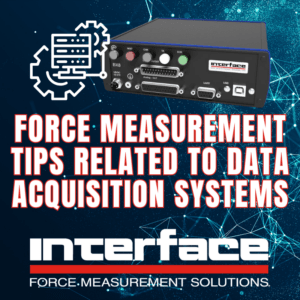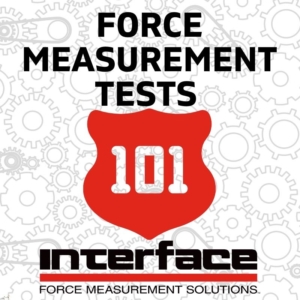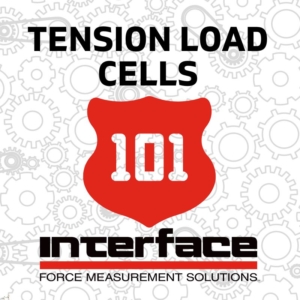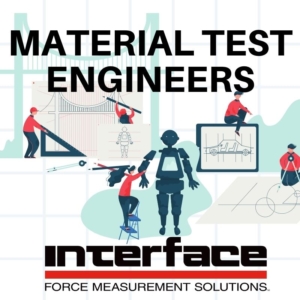
IQ Blog
How Does Tensile Testing Work?
Interface supplies load cells for tensile testing. Tensile testing is fundamental in test and measurement. Load cells are commonly used in tension testing to measure and record the force or load applied to a specimen during the test. Tensile testing is used by researchers, testing labs, and engineers across industries including infrastructure, medical, manufacturing, aerospace, consumer goods, automotive, energy, and construction to measure stress, strain, elacity, fatigue and failure.








